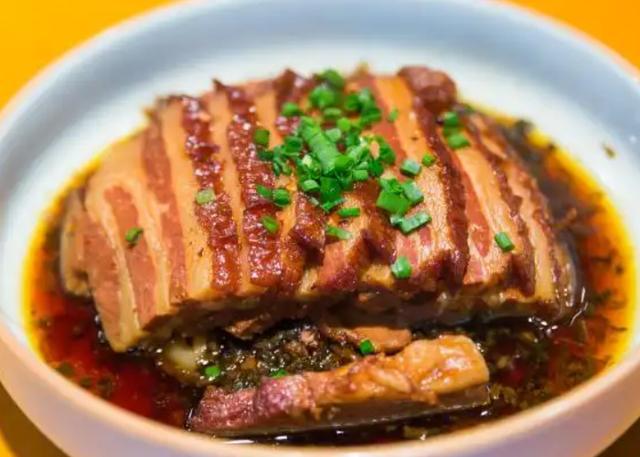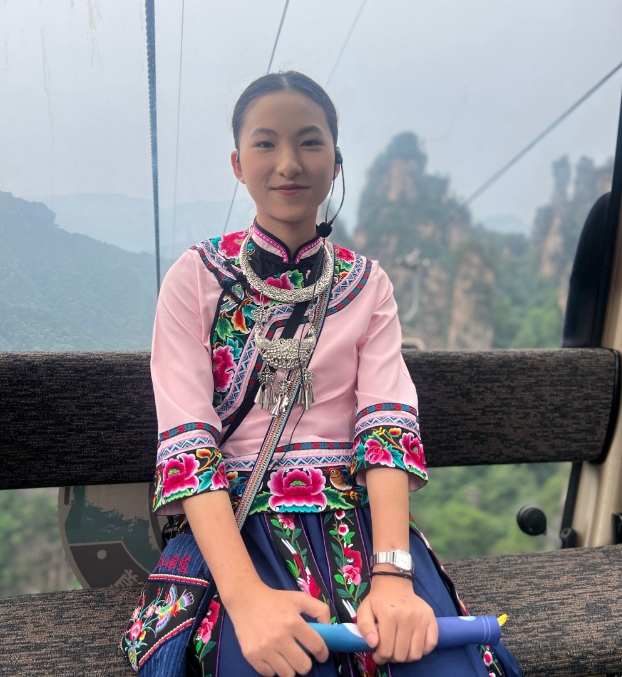Chinese Food Culture
Chinese food is well-known all over the world because the art of Chinese food has spread far and wide, with Chinese restaurants found in almost every corner of the globe. More and more English-speaking people would choose Chinese food as their first-choice in the Chinese restaurants countries. In fact, Chinese food is not merely a means to nourish the body but a cultural heritage that has been passed down through generations, reflecting the country's geography, history, and social values. It is an integral part of Chinese culture, deeply rooted in traditions, ceremonies, and festivals.

Relationship between Chinese Food and Chinese Traditions, Festivals, and Ceremonies
Chinese food has a very close relationship with festivals, traditions and ceremonies. In Chinese traditions, food is pivotal in fostering connections and expressing respect. During festivals like the Spring Festival, families gather to prepare and share traditional dishes, symbolizing reunion and good fortune. For example, dumplings are a must-have for the Spring Festival's Eve, as their shape resembles ancient Chinese gold or silver ingots, representing wealth. Fish, and spring rolls are symbolizing prosperity, abundance, and wealth, respectively.
Furthermore, the Chinese calendar is laden with many festivals, each with its unique food. On the Mid-autumn Festivals, Chinese people exchange and share mooncakes which are symbolizing unity and completeness. On the Dragon Boat Festivals, people eat Zongzi, a kind of sticky rice dumplings wrapped in bamboo leaves, in honor of the ancient poet Quyuan. And on the Lantern Festivals, Chinese have a bowl of sweet Yuanxiao as the symbolization of unity. These foods serve as a delicious reminder of China’s rich history and folklore. You can read more about Chinese Festivals here.
Similarly, in Chinese ceremonies, food also holds a much deeper significance. At Chinese wedding, cups of tea are served to their parents is a must-do activity, symbolizing respect and gratitude to elders. When you are going to visit an ethnic minority family or village in northwest China, such as Guizhou or Yunnan, you will be served by a cup of welcome tea or wine from the host. On the Qingming Festival(Tomb-sweeping Festival), food and drink offerings are made to honor the deceased's spirit.
Questions?
-
Email
luosha@lingshicha.net
-
WhatsApp


